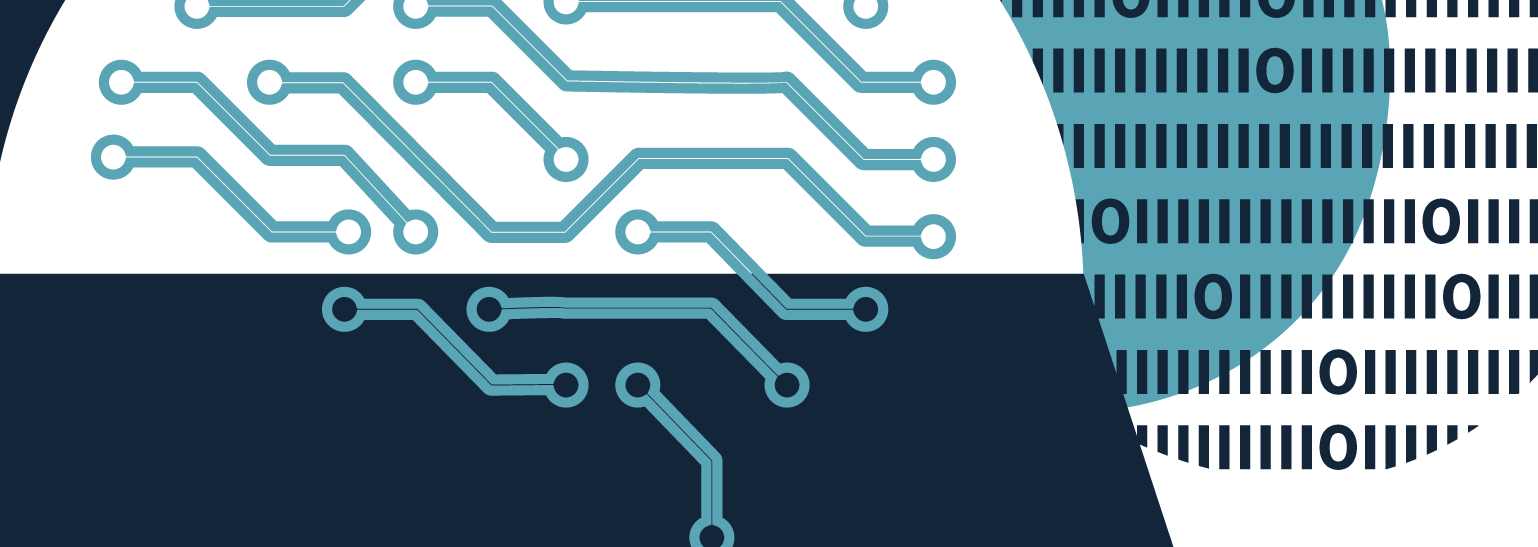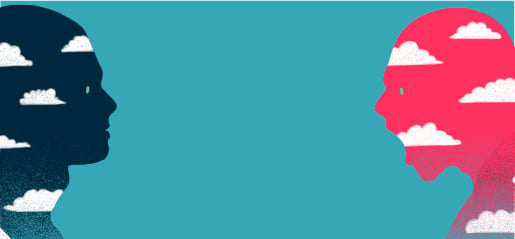-
TrendsArtificial IntelligenceConsumerE-commerceEconomy
-
SectorIT and CommunicationsMass Consumption and DistributionLifestyle
-
CountriesGlobal
What are the marketing and consumer trends that will shape 2023? This paper examines two different perspectives: The exogenous perspective that focuses on the changes in consumer habits, while the endogenous perspective covers the technological evolution of the tools and workflow of Chief Marketing Officers. However, aside from being either exogenous or endogenous factors, all of these factors shared technological influences, with Artificial Intelligence in particular, as their driving force.
In times of increased uncertainty and unfavorable macroeconomic prospects, companies tend to decrease their investments in marketing and communication (despite data showing there is a greater probability of success – in terms of growth – when companies keep betting on the market). Similarly, we are witnessing a surge in the use of artificial intelligence, with the emergence of generative models and, most notably, ChatGPT, which has become the fastest growing technology to reach 1 million users in 5 days, surpassing the 2.5 months it took Instagram to reach this milestone. For this reason, we believe that in this context, it is particularly important to analyze how the crossovers between the exponential development of these technologies and their popularization together with the tensions between consumers and brands determine where to focus our attention in order to continue adding value, both for companies and consumers.
On one hand, these trends represent technological innovations, and they measure and analyze data with topics like generative AI, CX orchestration (zero party data, customization, and the implementation of Journeys), attribution models, and data analysis at every stage of the strategy. On the other hand, there are trends closely linked to changes in consumer habits, such as expense management and use of monetized content. At the same time, we wanted to explore buzzwords like the metaverse, super apps, behavioral economics and decentralized commerce, to understand where we stand today and the impact they may have on our businesses, our clients and our everyday work.
We started with 23 trends, which were then picked by a multidisciplinary team of 10 senior experts from LLYC’s Consumer Engagement and Deep Digital Business areas that selected the top 10 most relevant trends according to these 4 criteria. This included: the impact on the business, its impact on the CMO’s role, how different it is, as well as its novelty as a trend.



